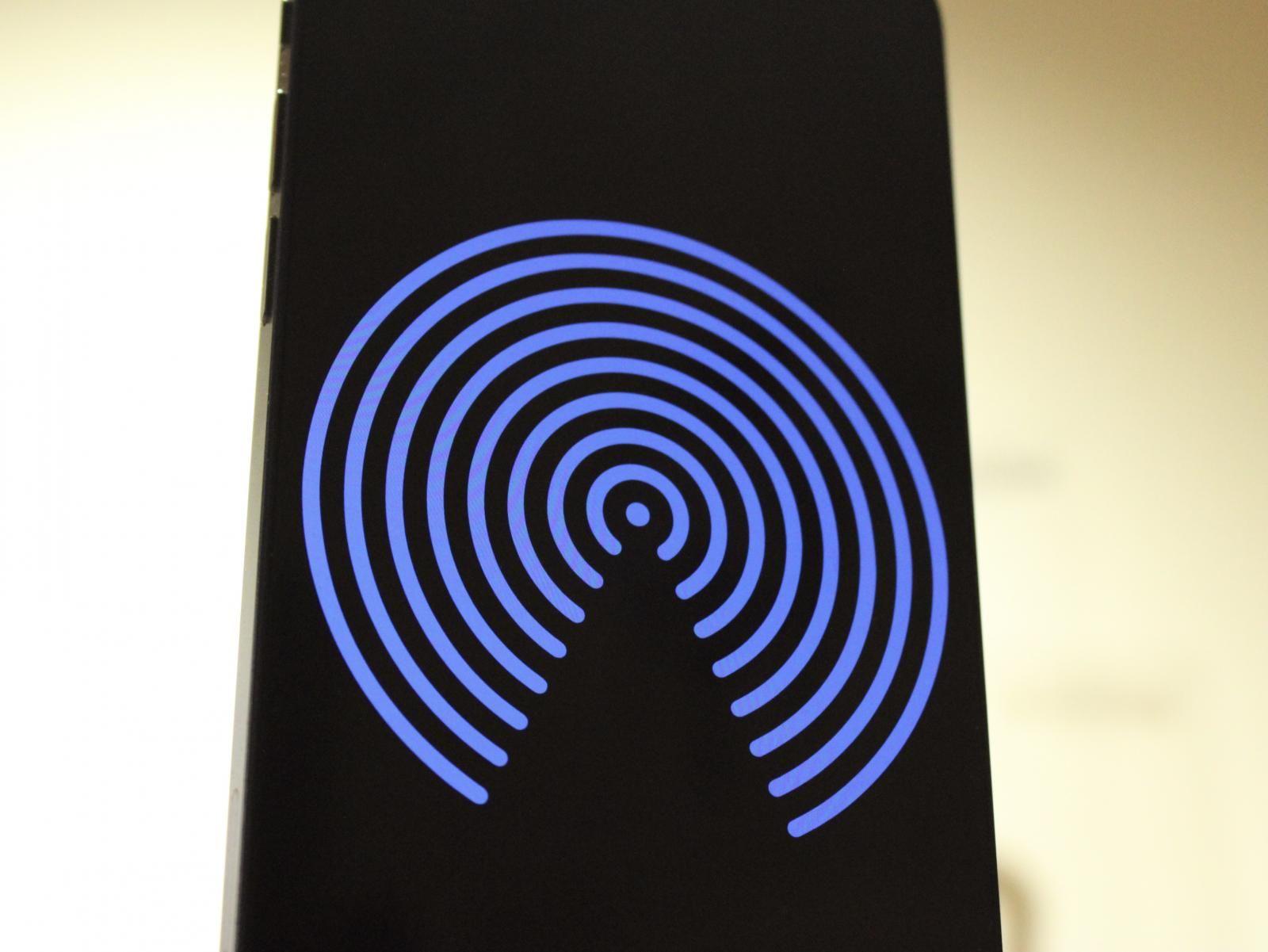The shimmering promise of free cryptocurrency, a siren song echoing across the digital landscape – that’s the allure of airdrops. But this digital bounty often comes with a hidden cost: the sacrifice of your privacy. In a world where every online interaction leaves a trace, participating in airdrops can feel like walking a tightrope between opportunity and exposure. This article explores the essential safeguards you need to navigate the airdrop ecosystem safely, ensuring your personal information remains shielded while you reap the potential rewards. We’ll examine the crucial steps to maintain anonymity, bolster your security, and ultimately, control your digital footprint in the exciting, yet sometimes perilous, world of airdrops.
Understanding Airdrop Risks to Your Privacy
The alluring promise of free tokens often overshadows the potential pitfalls to your digital identity. Participating in airdrops means sharing your wallet address – a unique identifier inherently linked to your online activities. This exposes you to a degree of surveillance, from simple data collection by the airdrop organizers to more malicious actors who might attempt to exploit your information for phishing scams or even targeted attacks. Remember, not all airdrops are created equal. Scrutinize the project behind the airdrop; if it’s a little-known entity with questionable security practices, the risk to your privacy significantly increases. Consider these key areas of potential exposure:
- Data Collection: Airdrop platforms often request various details, potentially exceeding what’s strictly necessary for participation.
- Data Brokerage: Collected data might be sold or shared with third parties without your explicit consent.
- Phishing and Scams: Malicious actors leverage airdrop promotions to lure users into revealing sensitive information.
To mitigate these concerns, adopt a multi-layered approach to privacy. This includes using a dedicated wallet solely for airdrop participation, never clicking on links from untrusted sources, and meticulously reviewing the terms and conditions of any airdrop before engaging. Utilizing a privacy-focused wallet or exploring techniques like using a mixer address can further enhance your anonymity. Prioritize projects with transparent privacy policies. Remember that true anonymity is difficult to achieve completely, but minimizing your risks requires constant vigilance and informed decision-making.
| Airdrop Type | Privacy Risk | Potential Reward |
|---|---|---|
| Large, Established Project | Medium | High |
| Small, Unknown Project | High | Low to Medium |
| Suspicious Airdrop | Very High | Very Low (Potential Loss) |

Securing Your Digital Identity During Airdrops
The allure of free crypto often overshadows the crucial aspect of digital security during airdrops. Think of it like this: you wouldn’t leave your wallet unattended in a crowded marketplace, so why treat your digital identity any differently? Protecting your information requires vigilance. Here’s how to bolster your defenses:
- Use a dedicated, secure email address: Avoid linking your main personal email to airdrop registrations. Consider a burner email or a privacy-focused provider.
- Employ strong, unique passwords: Never reuse passwords across multiple platforms, especially for sensitive accounts involved in airdrops.
- Double-check project legitimacy: Before participating, meticulously research the airdrop provider to verify its authenticity and avoid scams.
- Be wary of phishing attempts: Scrutinize all communication related to airdrops; malicious actors often impersonate legitimate projects.
Beyond individual precautions, understanding the potential data footprint you leave is paramount. Many airdrops require connecting your wallet, exposing some level of on-chain activity. Minimizing this exposure is key. Consider using a hardware wallet for enhanced security, or employing privacy-enhancing technologies like a VPN. Remember, even seemingly innocuous actions in the digital realm leave a trail—be mindful and protect yourself.
| Action | Risk Level |
| Using main email | High |
| Reusing passwords | High |
| Ignoring project legitimacy | Very High |
| Using a VPN | Low |

Essential Privacy Tools and Techniques for Airdrop Participation
The thrill of scoring an airdrop shouldn’t come at the cost of your digital security. Before diving into the exciting world of token giveaways, equip yourself with these crucial privacy safeguards. Remember, minimizing your digital footprint is key. This includes using a dedicated, secure email address solely for airdrop-related communications, and, crucially, employing a hardware wallet for storing your crypto assets. Avoid using your main email, phone, or social media accounts; the more anonymity you achieve, the better. Consider these additional actions:
- Use a VPN: Mask your IP address for enhanced anonymity.
- Employ a clean machine: Use a dedicated computer or a virtual machine for airdrop participation, minimizing the risk of malware.
- Be discerning: Only participate in airdrops from reputable sources and thoroughly vet any projects before engaging.
Let’s delve a little deeper into managing your online identity. Think of it like creating a separate, secure persona specifically for the airdrop ecosystem. This doesn’t necessitate illegality; rather, it’s about strategic precaution. Employing a privacy-focused search engine, engaging with airdrop communities using pseudonyms, and regularly reviewing your privacy settings across all platforms—including social media—are all crucial steps. Consider this simple guide:
| Action | Benefit |
|---|---|
| Utilize a VPN | Enhanced IP masking |
| Use a unique email | Reduced data exposure |
| Hardware wallet | Improved asset security |

Best Practices for Maintaining Anonymity in Airdrop Campaigns
The digital realm, especially within the exciting world of airdrops, often feels like a minefield of data collection. To navigate this landscape successfully while safeguarding your personal information requires a multi-pronged approach. Think of it as building your own impenetrable fortress of privacy. This involves using a secure and dedicated email address solely for airdrop-related communications, avoiding the use of your real name or easily identifiable information in any registration forms. Furthermore, employing a trustworthy VPN ensures that your IP address remains shielded, preventing trackers from linking you to your participation.
- Use a burner email
- Employ a robust VPN
- Create strong, unique passwords
Beyond these foundational steps, consider the technological tools at your disposal. Hardware wallets, offering an extra layer of security for your cryptocurrency holdings, are a wise investment. Also look into privacy-focused browsers that integrate robust anti-tracking features. Remember, vigilance is key. Regularly review your privacy settings on all platforms involved in an airdrop and be wary of suspicious requests for personal data, particularly those that seem unnecessary. A thorough understanding of each project’s privacy policy before participation is paramount in maintaining a level of anonymity that ensures your secure involvement. Think twice before clicking links – always verify the genuine source.
| Action | Privacy Impact |
|---|---|
| Using real name | High Risk |
| Using a VPN | Low Risk |
| Connecting from work/home network | Medium Risk |
Wrapping Up
The digital landscape of airdrops, while promising lucrative rewards, presents a unique set of privacy challenges. Navigating this terrain requires vigilance. Remember, the true value of an airdrop isn’t just measured in tokens, but also in the preservation of your personal information. By implementing the safeguards outlined in this guide, you can confidently participate in airdrop opportunities while maintaining control of your digital footprint. The future of airdrops is secure, provided we proactively safeguard our privacy—one shielded transaction at a time.









